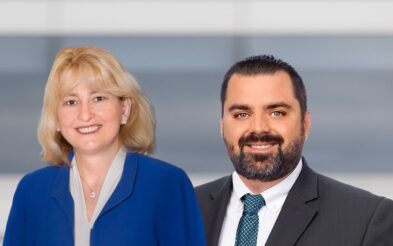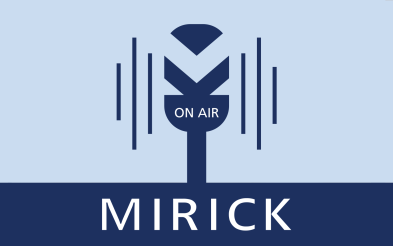Do you have a Will and wonder what you are supposed to do with it after it is signed? Do you not have a Will and worry about what will happen to your assets upon your death and where they will go? These are common questions we often hear from potential clients.
Probate is the court process for obtaining legal authority to transfer assets out of an estate and on to the person or entity (such as a trust or charity) determined by the court to have the legal right to receive them. Without this court process, the assets become “stuck” in the estate and cannot pass to the expected inheritors. Probate can be necessary whether or not you have a Will. You have likely heard of the benefits of “avoiding probate” by transferring assets to a living trust or by naming beneficiaries or joint owners on assets, but this is not always possible or desirable. You likely have also heard of the “horrors” of probate, such as long court delays and high fees. The truth is that the probate process is much more streamlined than it was over a decade ago and there are different probate processes to fit every estate, from a very small estate requiring minimal paperwork, low court filing fees, and a quick turnaround, to a formal probate procedure for larger estates.
We are happy to discuss the basics of the probate process from start to finish, reveal little-known traps, such as owning real estate and failing to create a Will, and correct common misinformation about Wills and probate avoidance. Please reach out with your questions!







